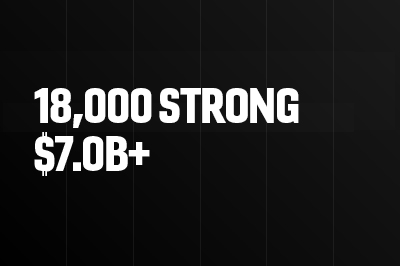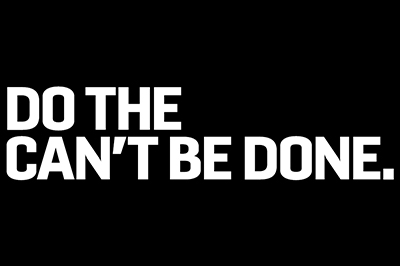Peraton Announces ThreatBoard with GreenLake by HPE
Leadership Series: Chief Security Officer, Christy Wilder
Inside Rapid FI: How Peraton Tech is Outpacing Modern Fraud Schemes
Peraton Recognized as a 2025 VETS Indexes Employer for Third Consecutive Year
ABOUT PERATON
Peraton is a next-generation national security company that drives missions of consequence spanning the globe and extending to the farthest reaches of the galaxy. As one of the world’s leading mission capability integrators and transformative enterprise IT providers, we deliver trusted, highly differentiated solutions and technologies to protect our nation and allies from threats across the digital and physical domains. Peraton supports every branch of the U.S. Armed Forces, and we serve as a valued partner to essential government agencies that sustain our way of life.




